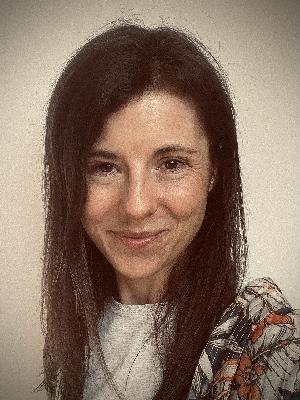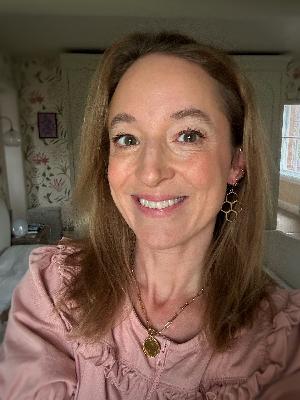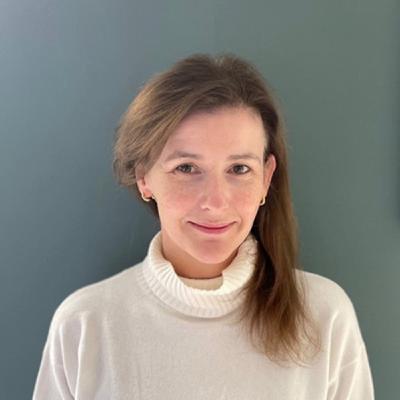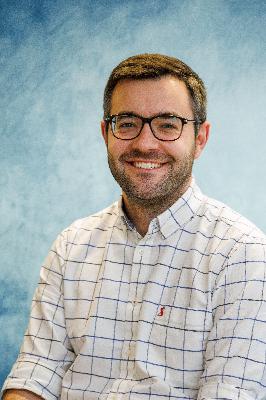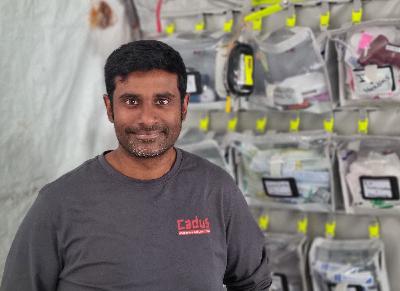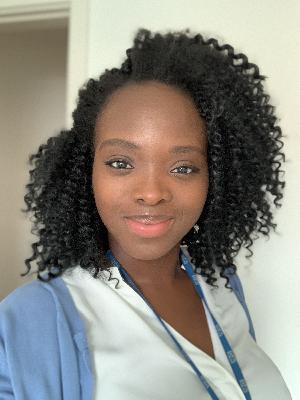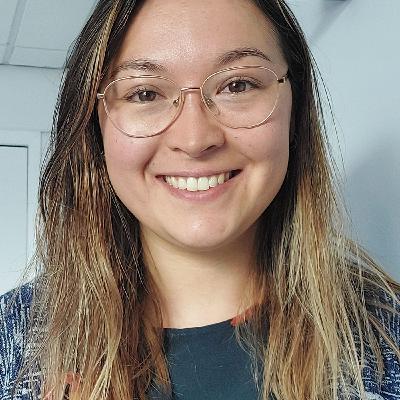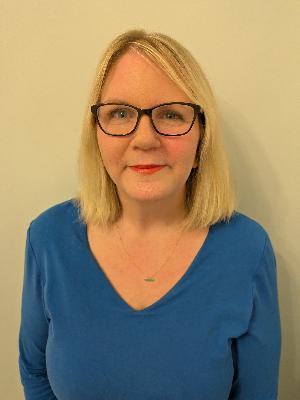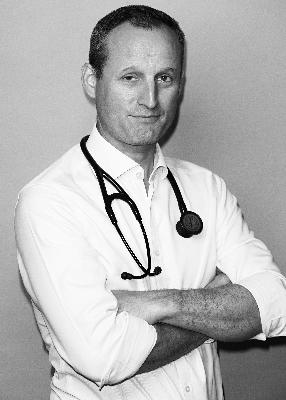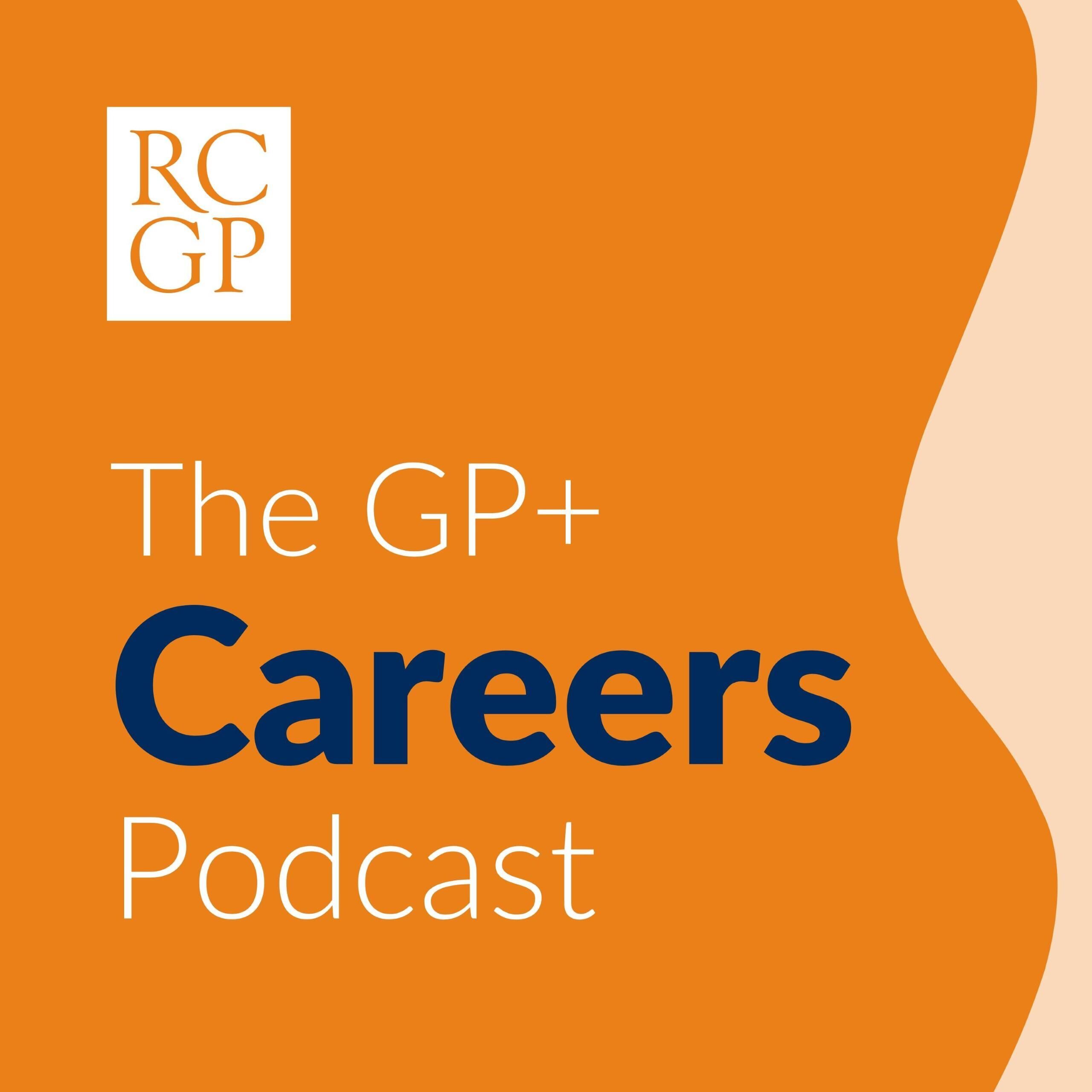19: GP+ Health Inequalities with Dr Rachel Steen
Update: 2025-11-21
Description
This month, podcast host Dr Sophie Lumley interviews Dr Rachel Steen, a GP focused on health inequalities. Dr Steen discusses her work running the National Trailblazer scheme, a post-certification fellowship offering professional development and project time for GPs working in areas of deprivation. The episode covers Dr Steen's career journey, the value of leadership fellowships and professional coaching in developing her interest, and practical advice for other GPs interested in tackling health inequalities, emphasising peer support, local project involvement, and networking.
Top Tips
Seek opportunities that offer protected development time
Top Tips
Seek opportunities that offer protected development time
- Fellowships and funded programmes can create the space needed to explore new interests, build skills and step into leadership roles. Rachel highlights the Trailblazer fellowship as one example and encourages interested GPs to look at what is available locally through training hubs, academic units of primary care, Primary Care Network (PCNs) or Integrated Care Boards (ICBs), as well as national programmes.
Make use of coaching to clarify your direction
- Coaching provided a space for Rachel to reflect, challenge unhelpful assumptions and explore her personal values that guide her work e.g. fairness, integrity and inclusivity. Understanding what matters most to you can guide career decisions and help you recognise when something feels aligned or not.
Build and maintain supportive networks
- Post-CCT, the support networks of training often fall away. Rachel recommends actively rebuilding this through joining peer groups and leadership programmes e.g. Next Generation GP leadership programme. Staying connected with colleagues can spark new ideas, provide motivation and create a sense of belonging, especially for those exploring emerging or less traditional roles.
Reach out to people who inspire you
- Rachel emphasises that many opportunities start with a simple conversation or reaching out via email. Contacting clinicians or leaders whose work interests you can open doors to new ideas, collaborations or mentoring relationships. Don't be afraid to ask, as most people are happy to share their experiences and give you advice.
Start with local projects and apply a health-equity lens
- Inclusion health doesn’t require formal accreditation. Rachel recommends beginning with what's happening in your own practice or PCN and considering how interventions can better reach the people who are most in need. Small, thoughtful changes can be the foundation of a meaningful and sustainable interest.
Further reading
GPwER in Population Health and Health Inequalities Framework: www.rcgp.org.uk/your-career/gp-extended-roles/population-health-inequalities-introduction
RCGP Health equity special interest group: www.rcgp.org.uk/about/communities-groups/health-inequalities
RCGP Health Inequalities Hub: elearning.rcgp.org.uk/course/view.php?id=459
RCGP Mentoring: www.rcgp.org.uk/your-career/gp-mentoring
Trailblazer scheme/fellowship: www.fairhealth.org.uk/trailblazer
The Faculty for Homeless and Inclusion Health: www.pathway.org.uk/the-faculty/
Next Generation GP leadership programme: https://nextgenerationgp.co.uk/
Future leaders programme: www.yorksandhumberdeanery.nhs.uk/education/future_leaders_programme
Dr Rachel Steen is a GP working in Sheffield. She is National Director of the Trailblazer scheme supporting GPs working in areas of deprivation across the England. Rachel has an interest in inclusive leadership and how we support our primary care workforce working in areas of deprivation and with inclusion health groups. Rachel sits on the Health Equity Special Interest Group at the RCGP.
Tell us what you thought!
We'd love to hear your valuable feedback. Please take 2 minutes to complete the form.
Comments
In Channel

